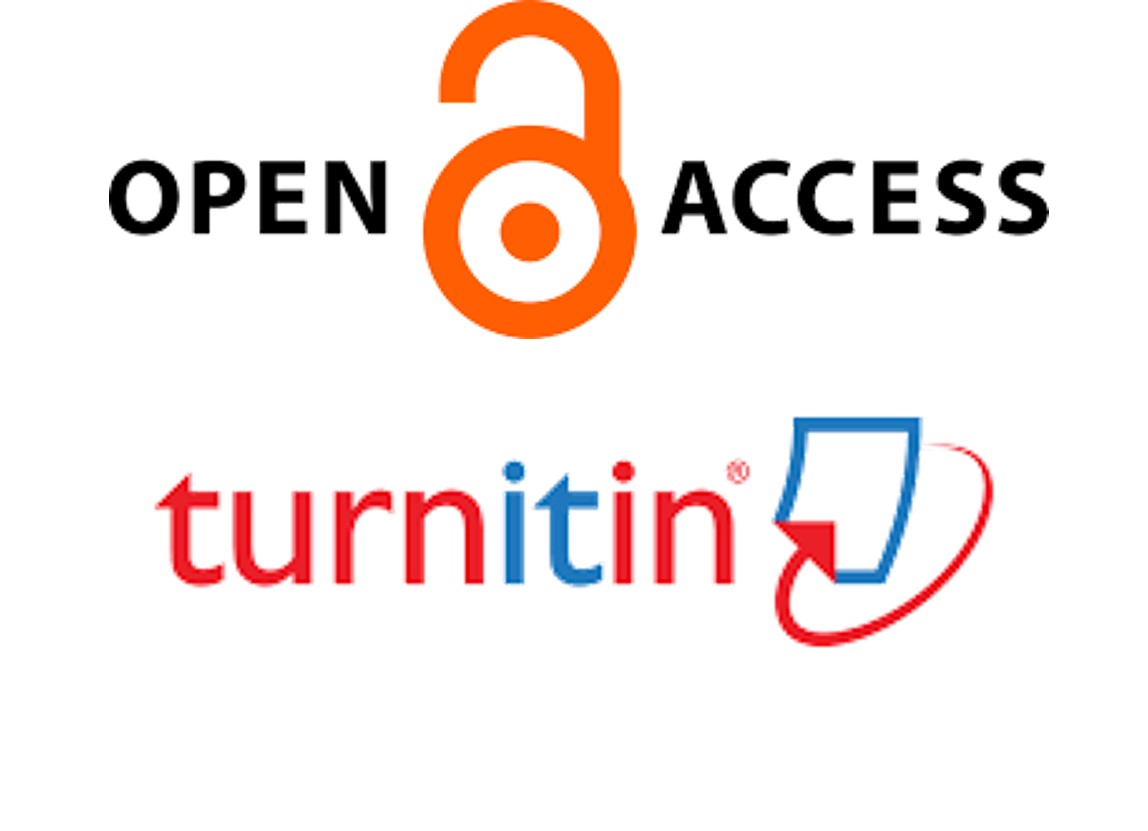Sections
The Mesoamerican Journal of Research accepts submissions in the areas of Physical-Mathematical and Earth Sciences, Biology and Chemistry, Medicine and Health Sciences, Agriculture, Livestock, Forestry, and Ecosystem Sciences, and Engineering and Technological Development as follows:
- Research Articles: These present an original and detailed study on a specific topic, contributing to the advancement of knowledge in the field by describing the methodology used, the obtained results, and the conclusions drawn from the research. Evaluation Type: Double-blind.
- Review Articles: These provide a critical and comprehensive analysis of the existing scientific literature on a particular topic. They synthesize and evaluate previous studies, offering an updated and coherent perspective on the state of knowledge in a specific area of science. References should not be more than 3 years old. Evaluation Type: Double-blind.
- Reviews of Recent Books: Document providing readers with an informed perspective on a book related to scientific topics. It focuses on technical aspects, research methods, and findings; analyzes rigor, validity, and interpretation of results, as well as their impact on the understanding of natural phenomena. The text should contain a minimum of 10,000 and a maximum of 12,000 characters with spaces. Priority will be given to recent books published in the last two years; however, exceptions will be accepted in special cases where the relevance of the content is maintained even if the book does not meet the condition of recency. Authors are encouraged to explain the reason why the selected book, even if not recent, remains relevant for the advancement of scientific knowledge. Evaluation type: Review by the Editorial Committee. A thorough review will be conducted, considering the quality of the review, the relevance of the scientific content, and, in exceptional cases, evaluating the validity and pertinence of the material despite not meeting the two-year temporal restriction.
In the fields of Behavioral and Education Sciences, Humanities, and Social Sciences, the Journal accepts the following:
- Empirical Research Articles: These are works with rigorous methodology applied to the study. They should contain an introduction and detail both the conceptual framework and the method and techniques of work; results must be discussed to arrive at a conclusion. Evaluation Type: Double-blind.
- Theoretical Articles: These involve theoretical development and contribute to discussions, advancing theories in educational, humanistic, or social fields. Evaluation Type: Double-blind.
- Systematization of Educational Experiences: These works systematize relevant educational experiences, incorporating critical analysis and making significant contributions to the treated field of study. Evaluation Type: Double-blind.
- Reviews of Recent Books: Document assessing how the work contributes to understanding and debate in the field. It focuses on discussing how the book contributes to the understanding of society and human behavior by analyzing the theoretical approach, the relevance of the approach, and the impact or contribution to the understanding of social issues. The text should contain a minimum of 10,000 and a maximum of 12,000 characters with spaces. Preference will be given to recent books published in the last two years; however, exceptions will be accepted in situations where the work has lasting and significant value for the understanding of social issues, even if the book exceeds the two-year temporal restriction. In such cases, provide a clear justification for why the selected book, even if not recent, remains relevant to current dialogue and understanding in the field of social sciences. Evaluation type: Review by the Editorial Committee. A detailed review will be conducted, considering the quality of the analysis, the relevance of the content in the field of social sciences, and, in exceptional cases, evaluating the validity and continued relevance of the work, regardless of its age.
IMPORTANT
Submissions lacking a theoretical foundation, incomplete research, opinion texts, book summaries, or works with significant writing issues will not be accepted.


